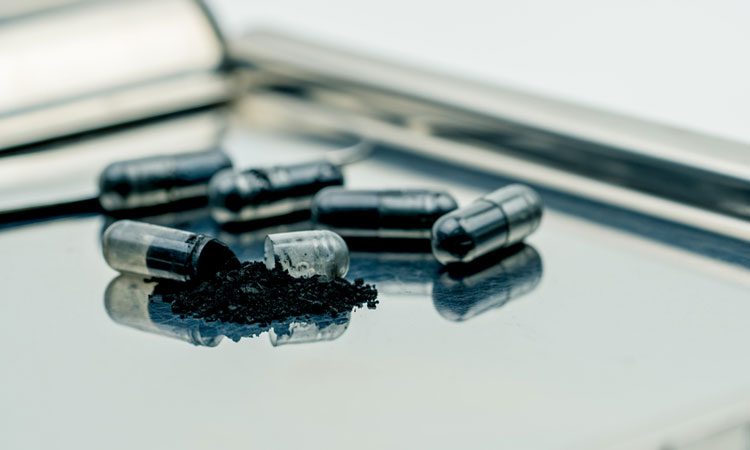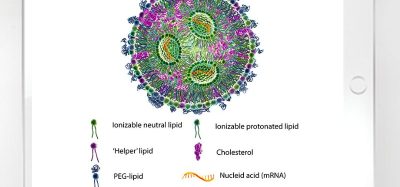Aluminium could aid delivery of chemotherapy drugs
Aluminium could be key for the effective and efficient adsorption of chemotherapy drugs for targeted delivery and reduced side effects…
Scientists have been investigating methods of selectively transmitting active chemotherapy agents and reducing their toxicity for a long time.
The efficacy of a therapy, especially chemotherapy, depends on how effectively it reaches cancerous cells. Scientists mention that increasing the targeted delivery of the drugs may also decrease side effects associated with them.
Now, researchers from the National University of the South, in Bahia Blanca, Argentina have shown that adding small amount of aluminium atoms onto activated carbon atoms helps to increase the adsorption onto the delivery carbon capsule of a standard chemotherapy drug, 5-Fluorouracil (5-FU).
This drug is typically used for head, neck, stomach and colorectal cancer treatments. The scientists have developed a model which could lead to more effective and convenient cancer treatments, with potentially decreasing side effects, by encapsulating the chemotherapy drug into the active carbon. This way, the researcher believe the drug can be safely and effectively taken orally.
In the study, the scientists investigation the adsorption of 5-FU on tests surfaces made up of different materials. One surface was made of activated carbon alone, while the other version was made of a minute dispersion of aluminium within the activated carbon structure.
The researchers relied on molecular modelling simulations to predict and display adsorption configuration and energy changes in the two scenarios.
After careful analysis the authors found that aluminium inclusion increases the adsorption capacity of active carbon. They explained how this is because the addition of metal increases the interactions of the drug with the atoms of encapsulation material in areas where it is polarised. The authors go on to mention that the charges present in some areas of the surface of the drug interact with the charges of the aluminium atoms on the surface of the capsule material.
This means that they contribute to improving its adsorption properties as less energy is required for the adsorption, and the drug is at a shorter distance from the encapsulation material.
The study was published in the European Physical Journal.
Related diseases & conditions
Cancer










